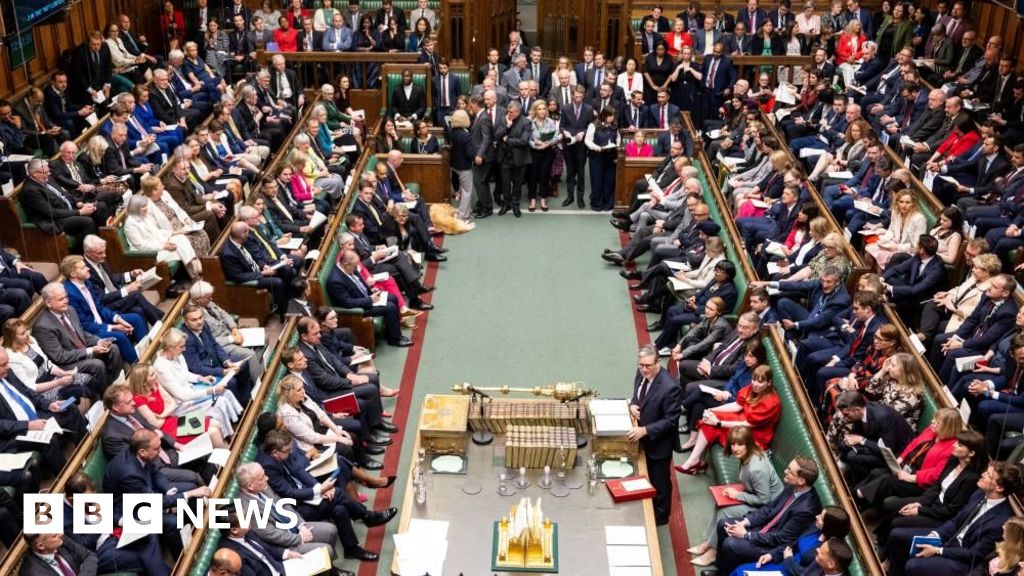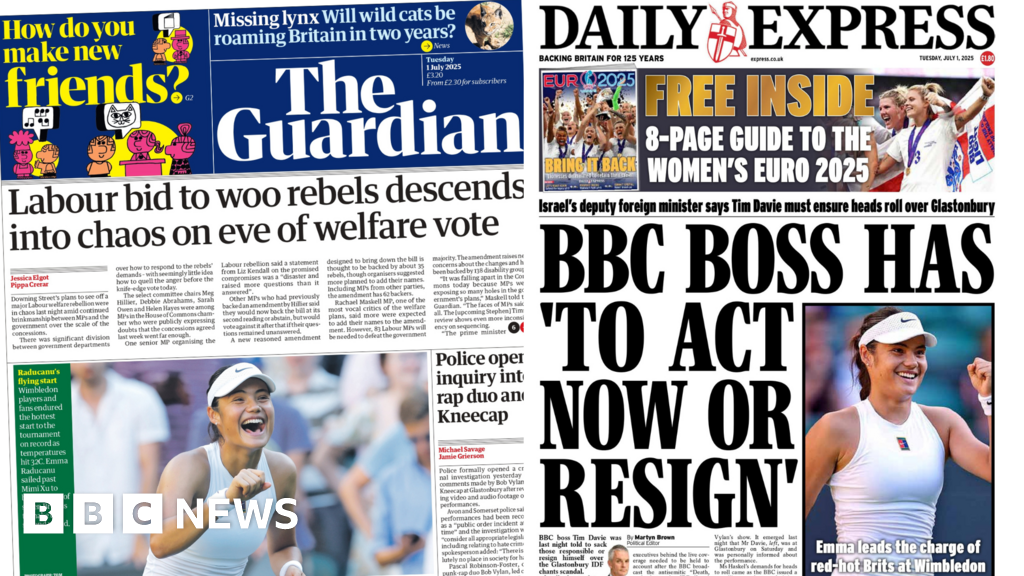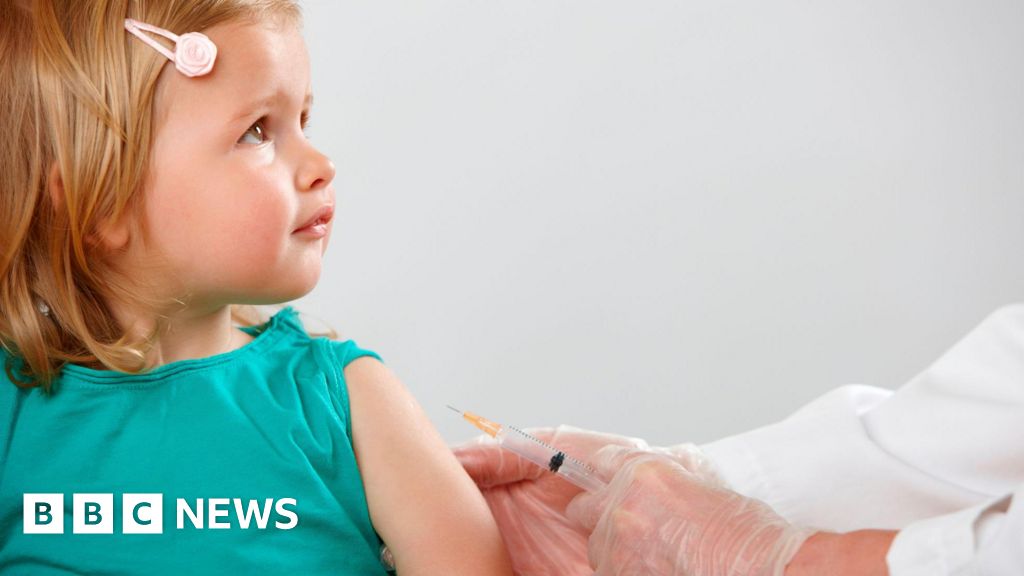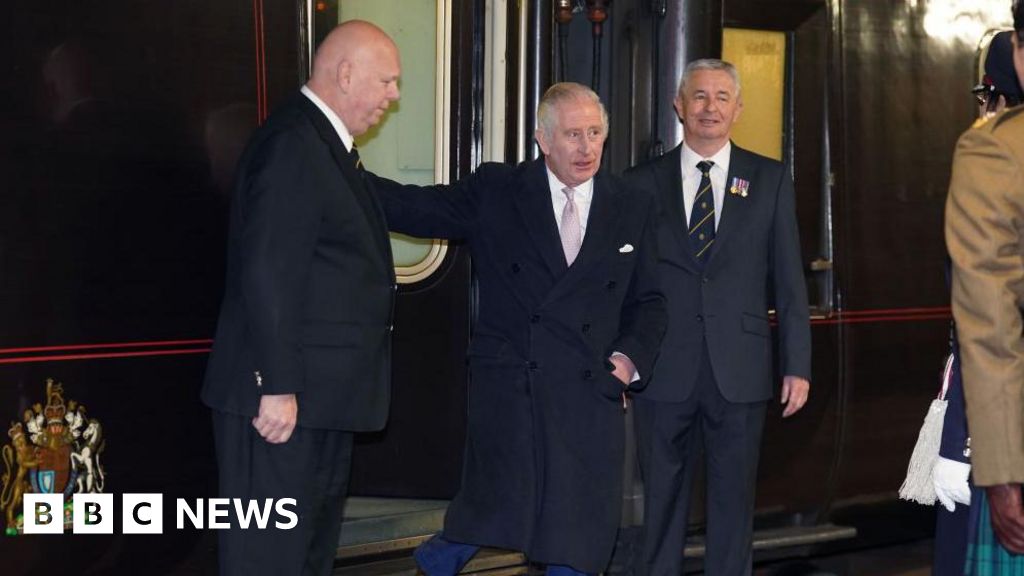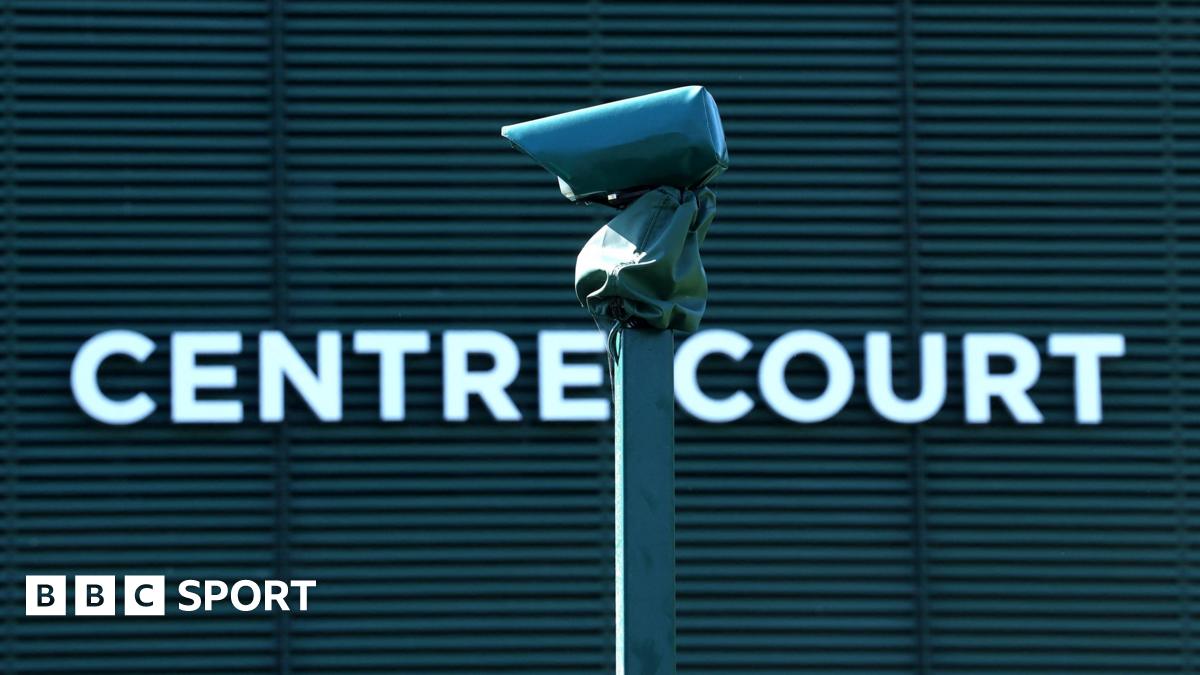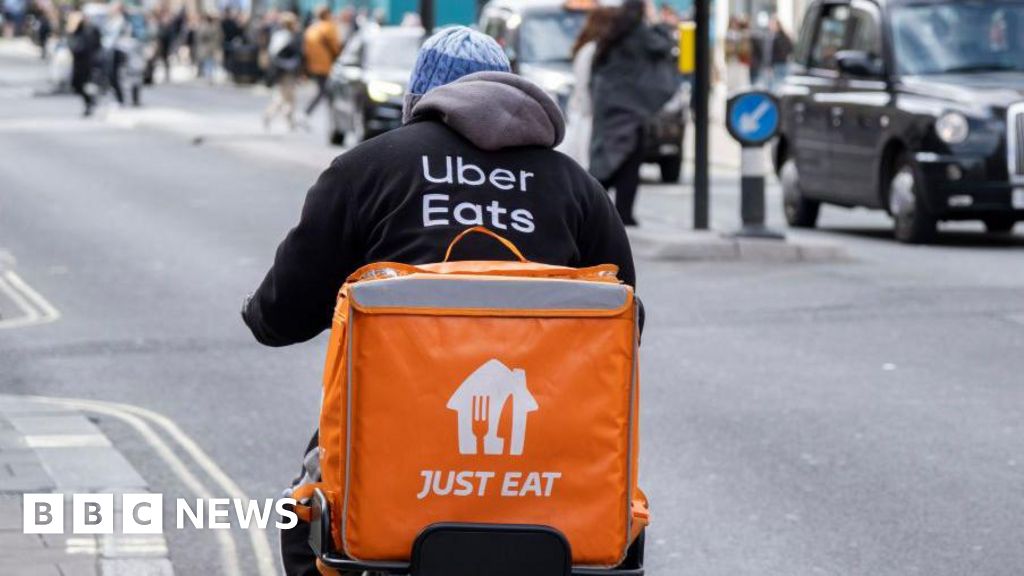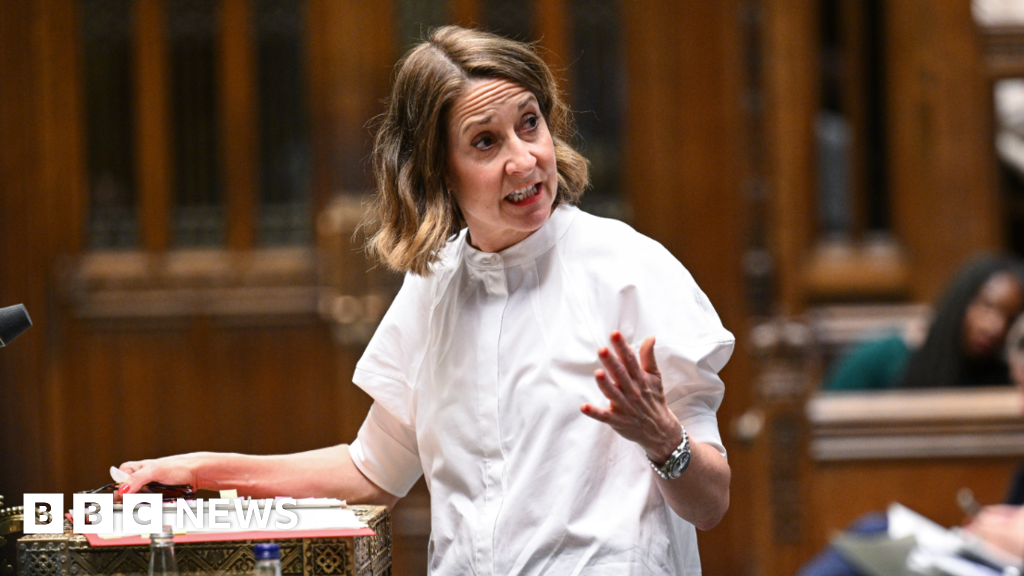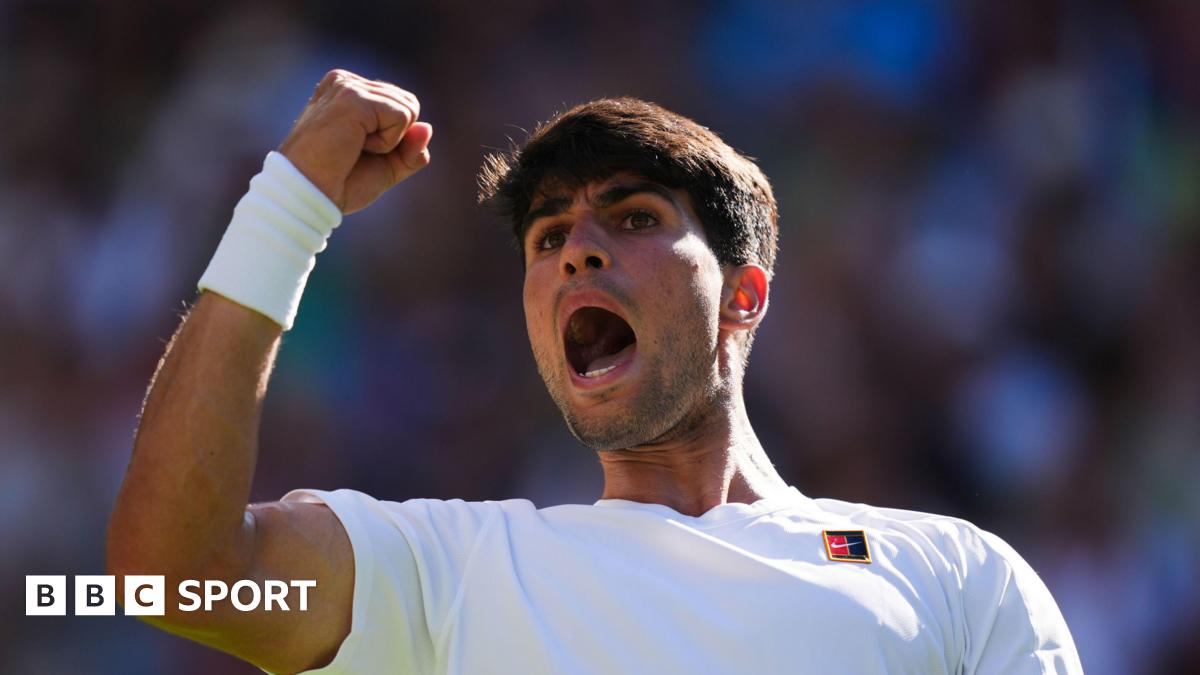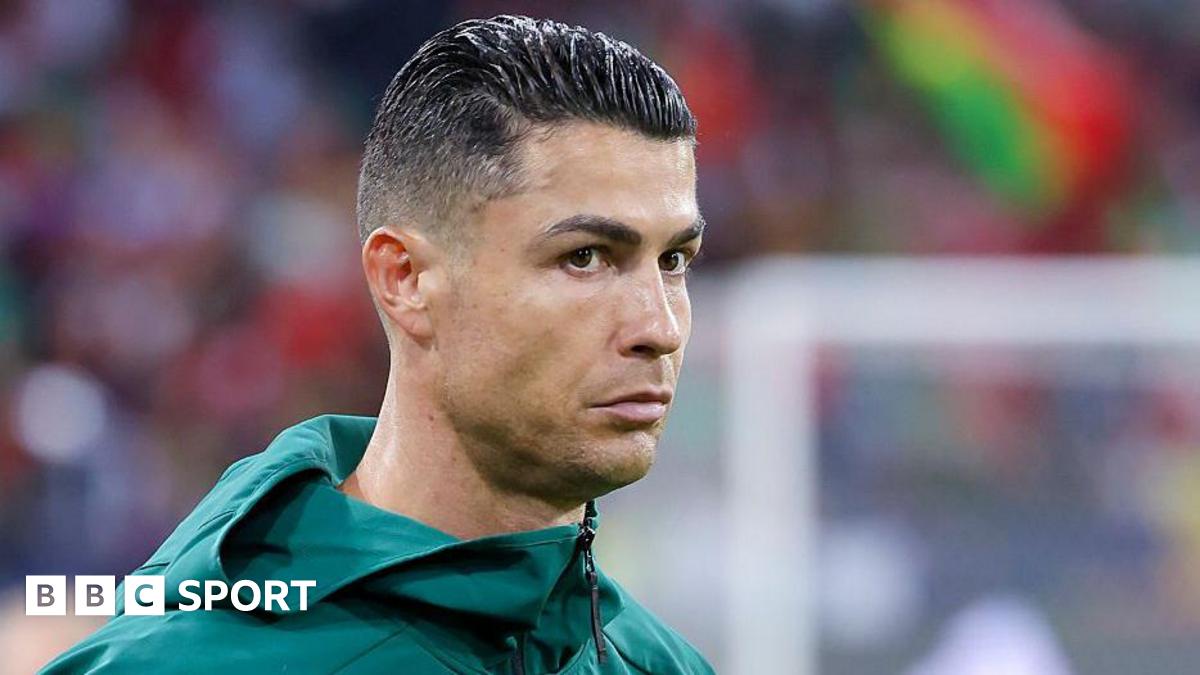
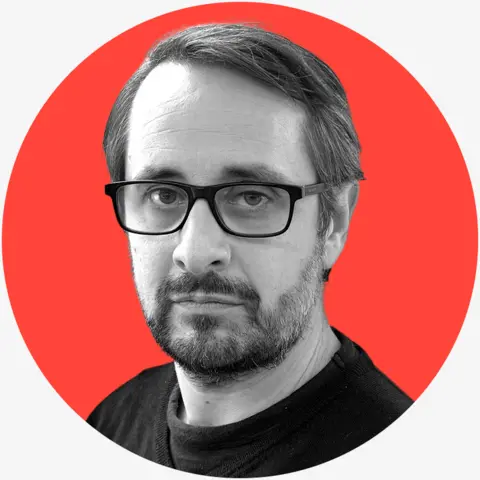

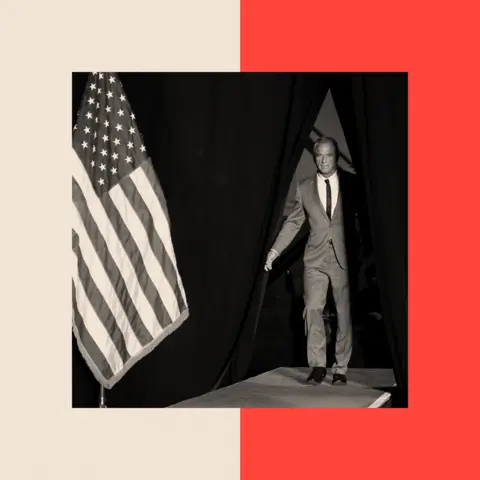 BBC
BBC
There's a saying that Robert F Kennedy Jr is very fond of. He used it on the day he was confirmed as US health secretary. "A healthy person has a thousand dreams, a sick person only has one," he said as he stood in the Oval Office. "60% of our population has only one dream – that they get better."
The most powerful public health official in the US has made it his mission to tackle what he describes as an epidemic of chronic illness in America, a catch-all term that covers everything from obesity and diabetes to heart disease.
His diagnosis that the US is experiencing an epidemic of ill health is a view shared by many healthcare experts in the country.
But Kennedy also has a history of promoting unfounded health conspiracies, from the suggestion that Covid-19 targeted and spared certain ethnic groups to the idea that chemicals in tap water could be making children transgender.
And after taking office, he slashed thousands of jobs at the Department of Health and Human Services and eliminated whole programmes at the Centers for Disease Control (CDC).
"On the one hand, it's extraordinarily exciting to have a federal official take on chronic disease," says Marion Nestle, a retired professor of public health at New York University. "On the other, the dismantling of the federal public health apparatus cannot possibly help with the agenda."

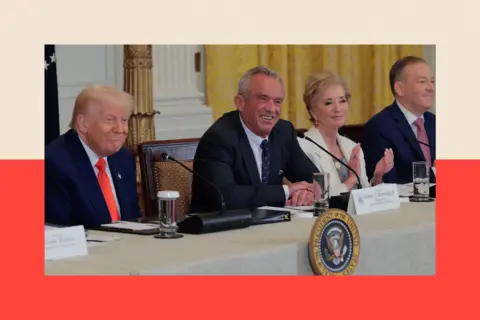 Chip Somodevilla / Staff via Getty
Chip Somodevilla / Staff via Getty
Robert F Kennedy Jr has made it his mission to tackle what he describes as an epidemic of chronic illness in America
Kennedy is reviled by parts of the medical and scientific communities. He was described to me as an "evil nihilist" by Dr Amesh Adalja, an infectious disease doctor and senior scholar at Johns Hopkins University.
But even some of Kennedy's critics accept that he is bringing drive and ambition to areas of healthcare that have been neglected. Is it possible that the man who attracts so much criticism - and in some quarters, hate - might actually start making America healthy again?
American 'kids swimming in a toxic soup'
There's one industry that Kennedy had set his sights on long before joining the Trump administration: multinational food companies have, he has said, poisoned American children with artificial additives already banned in other countries.
"We have a generation of kids who are swimming around in a toxic soup right now," he claimed on Fox News last year.
His first target was food colourings, with a promise to phase out the use of petroleum-based dyes by the end of 2026.
Chemicals, with names like 'Green No. 3' and 'Red No. 40', have been linked to hyperactivity and behavioural issues in children, and cancer in some animal studies.
"What's happening in this administration is really interesting," says Vani Hari, a food blogger and former Democrat who is now an influential voice in the Make America Healthy Again (MAHA) movement. "MAHA is all about how do we get people off processed food, and one way to do that is to regulate the chemicals companies use."
There are some signs this pressure may be paying off.
The food giant PepsiCo, for example, said in a recent trading update that Lays crisps and Tostitos snacks "will be out of artificial colours by the end of this year".
Kennedy struck a voluntary agreement with the food industry but it only came after individual states from California to West Virginia had already started introducing their own laws.
"In the case of food dyes, companies will have to act because states are banning them [anyway] and they won't want to have to formulate separate products for separate states," says Prof Nestle, an author and longtime critic of the industry.
More recently Kennedy has signalled he backs a radical food bill in Texas that could target additives in some products ranging from sweets, to cereals and fizzy drinks

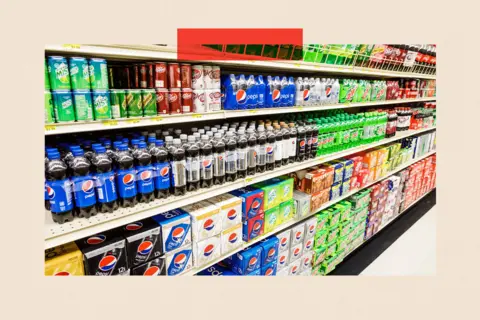 Jeff Greenberg via Getty Images
Jeff Greenberg via Getty Images
Robert Kennedy backs a food bill in Texas that could target additives in certain fizzy drinks (not necessarily those pictured)
Packets may soon have to carry a high-contrast label stating, "WARNING: This product contains an ingredient that is not recommended for human consumption by the appropriate authority in Australia, Canada, the European Union, or the United Kingdom."
The Consumer Brands Association, which represents some of the largest food manufacturers, opposes this, saying the ingredients used in the US food supply are safe and have been rigorously studied.
It's difficult to imagine that kind of regulation could ever be signed off in a state like Texas without the political backing of Kennedy and President Trump.
Is RFK 'drifting into misinformation'?
"He can't change everything in a short amount of time, but I think the issue of food dyes will soon be history," says Ms Hari, who testified before the Senate on this subject last year.
But others worry that the flurry of announcements on additives is tinkering around the edges of what is a much wider problem.
"While some of these individual actions are important, they are a drop in the ocean in the larger context of chronic disease," argues Nicola Hawley, professor of epidemiology at Yale School of Public Health. "There is a focus on personal choice and access to natural food, but that completely ignores the big, systematic and structural barriers [to healthy eating] like poverty and really aggressive marketing of junk food to children."
The US government, for example, still heavily subsidises crops including corn and soya beans, key ingredients in processed foods.
Kennedy is now updating the US national dietary guidelines, an important document used to shape everything from school meals to assistance programmes for the elderly. A reduction in added sugars and a switch to more locally-sourced whole foods is expected. Plus he has called on states to ban millions of Americans from using food stamps, a welfare benefit, to buy junk food or sugar-sweetened drinks.
He has also backed local officials who want to stop adding fluoride to drinking water, describing it as a "dangerous neurotoxin". It is used in some countries, including in parts of the US, to prevent tooth decay, and whilst there is still debate about the possible health effects, the NHS says a review of the risks has found "no convincing evidence" to support any concerns. Other fluoride research has found the mineral only has detrimental health effects at extremely high levels.
Prof Hawley also argues there is a tension between Kennedy's "important message" on food and chronic disease, and what she feels is a lack of policies backed by solid scientific evidence.
"You've got this challenge of him drifting into misinformation about the links between additives and chronic disease, or environmental risk factors," she argues. "And that really just undermines the science."
'He is not anti vax, he is anti corruption'
That tension is even clearer when it comes to another of Kennedy's big concerns.
Vaccines are still listed on the CDC website as one of the great public health achievements of the last century, alongside family planning and tobacco control. They prevent countless cases of disease and disability each year, and save millions of lives, according to the American Medical Association.
Kennedy, though, is the best known vaccine sceptic in the country. The activist group he ran for eight years, Children's Health Defense, repeatedly questioned the safety and efficacy of vaccination.
In 2019 he described the disgraced British doctor Andrew Wakefield as the "most unfairly maligned person in modern history" and told a crowd in Washington that "any just society" would be building statues of him.
Wakefield was struck off the UK medical register in 2010 after his research falsely linked the MMR (measles, mumps and rubella) vaccine to autism, leading to a spike in measles cases in England and some other countries.
Over the last year, Kennedy has repeatedly insisted he is not "anti-vax" and will not be "taking away anybody's vaccines". Faced with a deadly measles outbreak in unvaccinated children in west Texas, he posted that the MMR was "the most effective way to prevent the spread of the disease".
In other comments though, he described vaccination as a "personal choice" and emphasised alternative treatments such as vitamin A supplements.
A huge deal with the drugmaker Moderna to develop a vaccine to combat bird flu in humans was scrapped, and new rules were brought in which could mean some vaccines need extra testing before they can be updated each winter.
In May, Kennedy posted a video on social media saying the government would no longer endorse Covid vaccines for healthy children and pregnant women.
However, some doctors point out that reducing eligibility would simply bring the US into line with other countries, including the UK, where free Covid boosters are restricted to those over 75 or with weakened immune systems.
"They are really just aligning themselves with everyone else, which is not in any way outrageous," says Prof Adam Finn, a paediatric doctor and one of the UK's leading experts on vaccines.

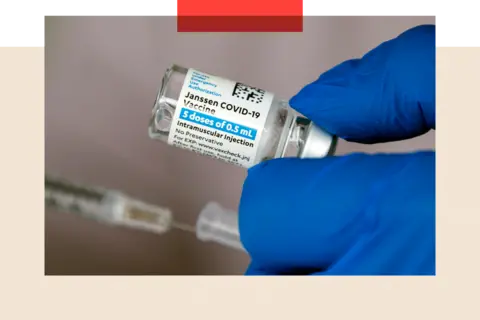 EPA
EPA
Over the last year, Kennedy has insisted he is not "anti-vax" and will not be "taking away anybody's vaccines"
Then in June, Kennedy suddenly sacked all 17 members of the influential expert committee, which advises the CDC on vaccine eligibility. He accused the panel of being "plagued with persistent conflicts of interest" and rubber-stamping new vaccines without proper scrutiny.
A new, much smaller, committee handpicked by the administration now has the power to change, or even drop, critical recommendations to immunise Americans for certain diseases, as well as shape the childhood vaccination programme.
"It underscores just how much we are backsliding now," says Dr Amesh Adalja, the infectious disease doctor and senior scholar at Johns Hopkins University. "I think increasingly the panel will become irrelevant if RFK Jr is able to shape it the way he wants to."
The new panel made its first decision last week, voting to stop recommending a small number of flu vaccines that still contain the preservative thimerosal, something Kennedy wrote a book about in 2015.
His critics say that a new era of vaccine policy has arrived in the US. Whilst his supporters say no subject, including vaccine safety, should be considered off-limits.
"Everything has to be open to discussion and Bobby Kennedy is not anti-vaccine, he's anti-corruption," argues Tony Lyons, who co-founded the political action committee that supported his independent presidential campaign.
"It's about being pro-science, pro-capitalism, and believing you have an obligation to the public to do a thorough job of researching any product that is put in the arms of 40 million children."
The autism puzzle
Weeks after Kennedy took office news emerged that the CDC would open a research project into the link between vaccines and autism.
Since Wakefield's now-discredited Lancet paper in 1998, which linked autism to the MMR vaccine given to children, there have been numerous international studies that have looked at this in detail and found no reputable link.
"There is nothing to debate any more, it has been settled by science," says Eric Fombonne, an autism researcher and professor emeritus at Oregon Health & Science University.
Kennedy, though, has hired David Geier, a noted vaccine sceptic, to look again at the data.
Today autism is widely understood to be a lifelong spectrum condition. It can include those with high support needs who are non-speaking, and those with above-average intelligence who might struggle with social interaction or communication.
Most researchers believe a rise in cases over decades is down to a broadening in the way children with autism are defined, as well as improved awareness, understanding and screening.
But in April, Kennedy dismissed that idea, describing autism as "preventable". He blamed a mysterious environmental trigger for the increase in eight-year-olds being diagnosed.
"This is coming from an environmental toxin… [in] our air, our water, our medicines, our food," he said.

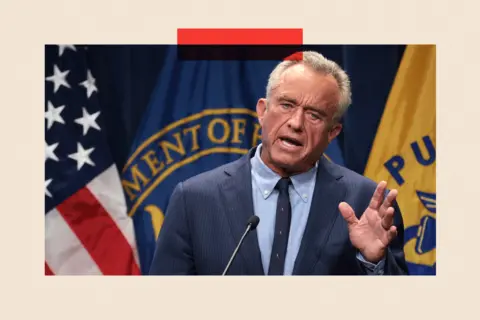 Alex Wong via Getty Images
Alex Wong via Getty Images
RFK Jr blamed a mysterious environmental trigger for the increase in eight-year-olds being diagnosed with autism
He pledged a massive research effort to find that cause by September and "eliminate those exposures".
Dr Fombonne strongly disputes this. "It is nonsensical and shows a complete absence of understanding," he says. "We have known for many years that autism has a strong genetic component."
In the same speech, Kennedy said that many autistic children will never "pay taxes, never hold a job. They'll never play baseball. They'll never write a poem. They'll never go out on a date. Many of them will never use a toilet unassisted."
Many in the autism community are angry. "What we're seeing here is a fear-based rhetoric and [a] misleading narrative that is causing harm and perpetuating stigma," says Kristyn Roth from the Autism Society of America.
But some parents of autistic children are more supportive.
Emily May, a writer who is the mother of a child with autism, wrote in The New York Times that she found herself "nodding along as Mr Kennedy spoke about the grim realities of profound autism".
"His remarks echo the reality and pain of a subset of parents of children with autism who feel left out of much of the conversation," she wrote.
The administration has since watered down that promise to find the reasons for autism by September but it is still promising detailed findings of its research by March 2026.
An imperfect messenger?
Ultimately, Robert Kennedy has only been in the job a matter of months. Already though he's asking some big questions – particularly about chronic disease – which have never been asked in the same way by a health secretary before.
For the first time that issue has both political attention and bipartisan support in the US.
He is clearly not afraid to take on what he perceives to be vested interests in the food and drug industries, and he is still firmly supported by President Trump.
Tony Lyons, who has published books by Kennedy, calls him "uniquely qualified" for the most powerful job in US public health. "He's a corruption fighter. He has seen what all these kinds of companies do, not just pharmaceutical companies but food companies, and he wants them to do a better job," he says.
Robert Kennedy's background as an environmental lawyer taking on big business and the establishment has clearly shaped the views he holds today.
But Jerold Mande, a former federal food policy advisor in three administrations, worries that Kennedy's own views and biases will mean some of the solutions he's reaching for are predetermined and unsupported by the evidence.
Now a professor of nutrition at Harvard, Prof Mande describes Kennedy as an imperfect messenger and says he has "great concerns" about the administration's approach to aspects of public health, from tobacco control to vaccination, where there is "no question that what he's doing is going to result in enormous harm."
"At a high level, I'm optimistic but you still need to come up with the right answers, and those answers can only be found through science," says Prof Mande.
"We now have a shot and he's provided that by making it a priority. But it's how you use that shot that's going to determine whether it's a success or not. And that is where the jury is still out."
Top image credit: Chip Somodevilla / Staff via Getty
BBC InDepth is the home on the website and app for the best analysis, with fresh perspectives that challenge assumptions and deep reporting on the biggest issues of the day. And we showcase thought-provoking content from across BBC Sounds and iPlayer too. You can send us your feedback on the InDepth section by clicking on the button below.

 5 hours ago
6
5 hours ago
6


